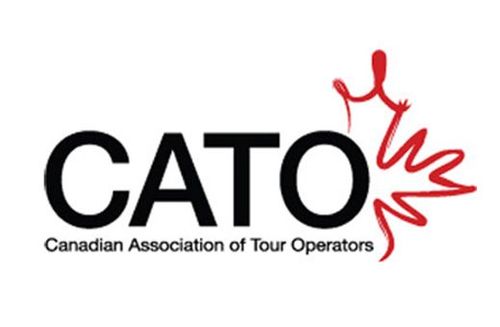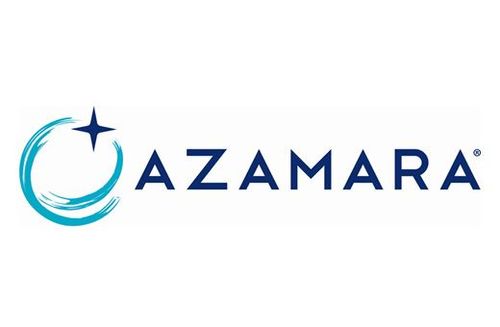Where travel agents earn, learn and save!
News / CATO and ATOQ seeking urgent action and financial support to save Travel Industry jobs
CATO & ATOQ requesting to receive mission critical government support with the extension of CEWS

June 11 - The Canadian Association of Tour Operators (CATO) and Association des Tours Opérateurs du Québec (ATOQ) are seeking urgent action and financial support for their struggling members. It is mission critical they receive clear federal guidelines and timelines ahead of international travel resuming. Both associations are on a volunteer basis, composed of professional tour companies represented by owners and senior executives who are advocates in supporting their industry sector. They are requesting to receive full government support with the extension of the Canada Emergency Wage Subsidy (CEWS) at the current level until at least December 31st, 2021. To detail their significant contribution to the Canadian economy and devastating impacts of the COVID-19 pandemic on members, CATO and ATOQ have released an Economic Impact Assessment Report.
CATO and ATOQ represent the most respected travel companies with offices across the country operating tour programs and packages from Canada to international destinations, trans-border as well as inbound to Canada and intra-Canada. Collaboration between both associations is ongoing. As tour operators, they are the financial backbone in the Canadian travel industry. They create year-round trips and are responsible for operating them within Canada and across seven continents and contract various travel services which creates further jobs. Members work directly with valued travel agents who sell their vacation packages and provide commissions to support agent partners. Both associations also provide a significant number of passengers travelling to and from tours to various Canadian airlines.
Due to the immense impact of the pandemic and travellers being advised to avoid non-essential travel, CATO and ATOQ members were forced to temporarily and permanently lay-off employees when travel came to a grinding halt beginning in March 2020. Women make up more than 73% of their workforce and they are one of the most diverse and inclusive industries in Canada.
The Canadian travel industry has been at a standstill for the past 15 months due to the pandemic and without the government providing a clear roadmap for opening borders. As a result, revenue will continue to be 82% below 2019 levels. This will be the case for many months to come as CATO’s and ATOQ’s new Economic Impact Assessment Report indicates the average advanced booking is made six months ahead of departure. In Ontario and Quebec, all revenue generated from bookings is held in trust until trips depart. This means companies cannot use these funds to pay wages or travel agent commissions, which typically return millions of dollars to the government through payroll taxes (income tax, CPP, EI and EHT). Without an extension of CEWS to CATO and ATOQ members, their segment of the industry will have no choice but to lay-off more individuals or permanently let go of employees. Canadian tour operators need at least six months to prepare and bridge the gap between the opening of international borders and earning any revenue. Along with securing guests’ accommodations, flights, tour guides, sightseeing excursions, etc., they also need to co-ordinate health and well-being protocols in this new world of travel.
To avoid prolonged duress for the industry, the government must make known any updated criteria or clear guidelines for easing of travel restrictions and reopening of borders. Millions of Canadians work in tourism-related industries, yet tour operator members have not been provided the fundamentals their industry sector needs to survive.
The World Travel & Tourism Council’s (WTTC) latest annual research from its 2021 Global Economic Impact Reports revealed that in 2019, when global Travel & Tourism was thriving and generating one in four of all new jobs around the world, the sector contributed 10.6% (334 million) jobs globally. However, in 2020, 62 million jobs were lost worldwide, representing a drop of 18.5% and the number of those employed in the Canadian Travel & Tourism sector fell from nearly 1.8 million in 2019, to just over 1.4 million in 2020 - a drop of 20.9%. The loss of 373,000 Travel & Tourism jobs nationwide has had an immense socio-economic impact. WTTC findings also stated that the Travel & Tourism sector’s contribution to Canada’s GDP dropped by $59.2 billion in 2020.
More Travel News:
Air Canada extends deadline of its COVID-19 refund policy by 30 days
Transat shares results for second quarter of 2021
Swoop announces fleet expansion and winter flying as new daily bookings return to pre-pandemic levels
WestJet to offer Canadians the most flights to Hawaii this winter










